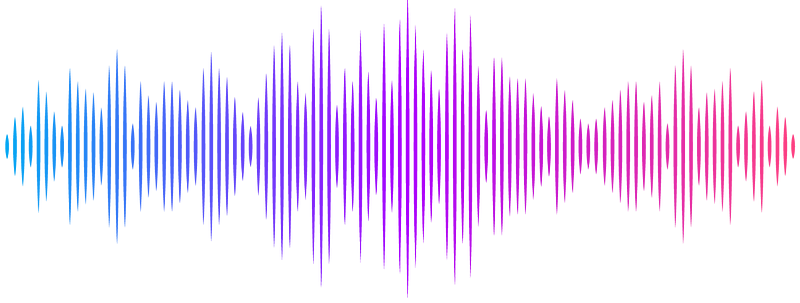Covalent DNA-Encoded Library Workflow Drives Discovery of SARS-CoV-2 Non-structural Proteins Inhibitors

Covalent DNA-Encoded Library Workflow Drives Discovery of SARS-CoV-2 Non-structural Proteins Inhibitors
Lu, X.; Hu, H.; Mei, L.; Wang, X.; Xiong, L.; Zhu, Y.; Liu, S.; Zhao, W.; Mengnisa, S.; Li, L.; Lin, X.; Liu, J.; Wang, X.; Duan, Z.; Lu, W.; Suo, Y.; Wu, X.; Cui, M.; Yue, J.; Xu, Y.
AbstractThe global coronavirus disease 2019 (COVID-19) pandemic persists, with the ongoing mutation of the virus. Consequently, the development of inhibitors with diverse binding modes and mechanisms of action, along with the elucidation of novel binding sites is of paramount importance. The 3-chymotrypsin-like protease (3CLpro) and papain-like protease (PLpro) are two validated cysteine proteases that cleave the viral polyprotein and are essential for viral replication. In this study, we utilized covalent DNA-Encoded libraries (CoDELs) workflow to identify two series of triazine-based covalent inhibitors targeting 3CLpro and PLpro. Molecular docking facilitated the identification of optimization pathways, further refined through medicinal chemistry efforts, leading to the development of the non-peptide 3CLpro inhibitor LU9, which exhibited an IC50 value of 0.34 M, and crystal structure of LU10 revealed a unique binding mode within the active site. Additionally, the X-ray cocrystal structure of SARS-CoV-2 PLpro with XD5 uncovered a previously unexplored binding site, adjacent to the catalytic pocket, providing an opportunity for further development of PLpro inhibitors. Overall, these novel compounds serve as valuable chemical probes for target validation and represent promising drug candidates for the continued development of SARS-CoV-2 antivirals.
